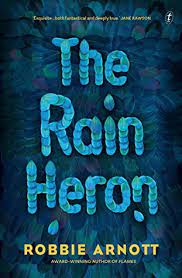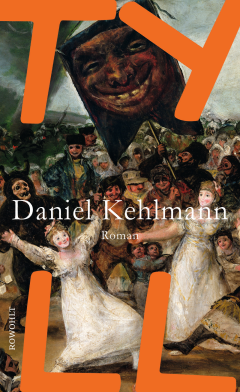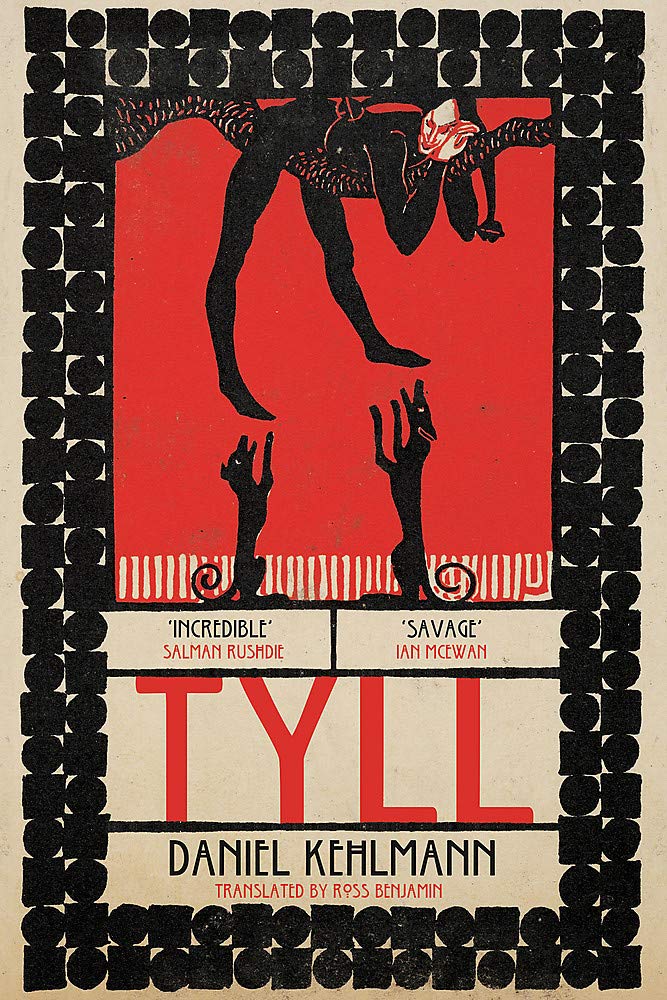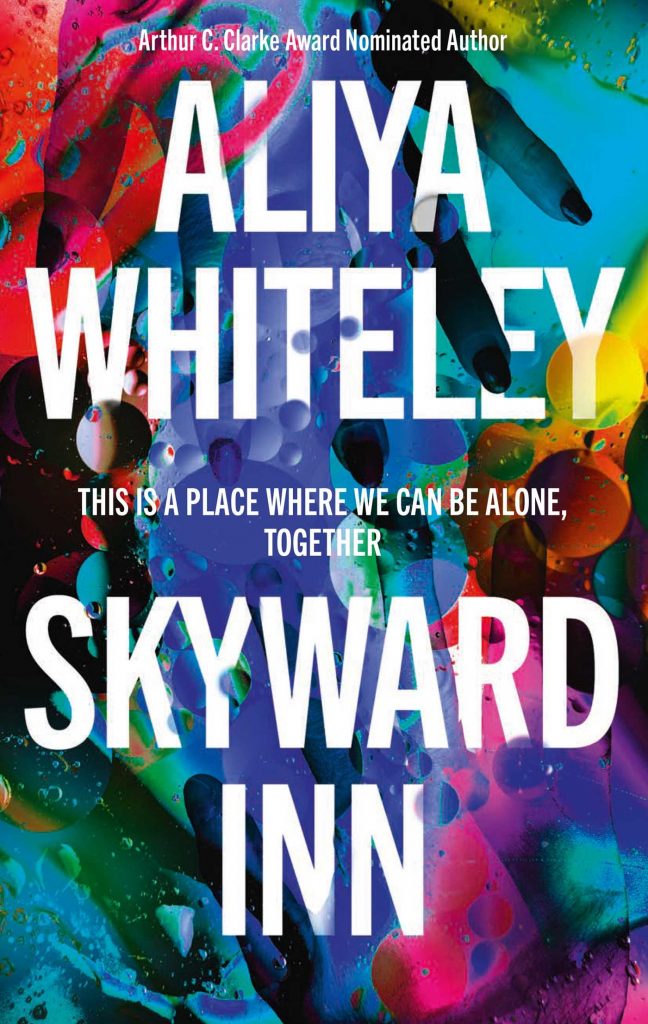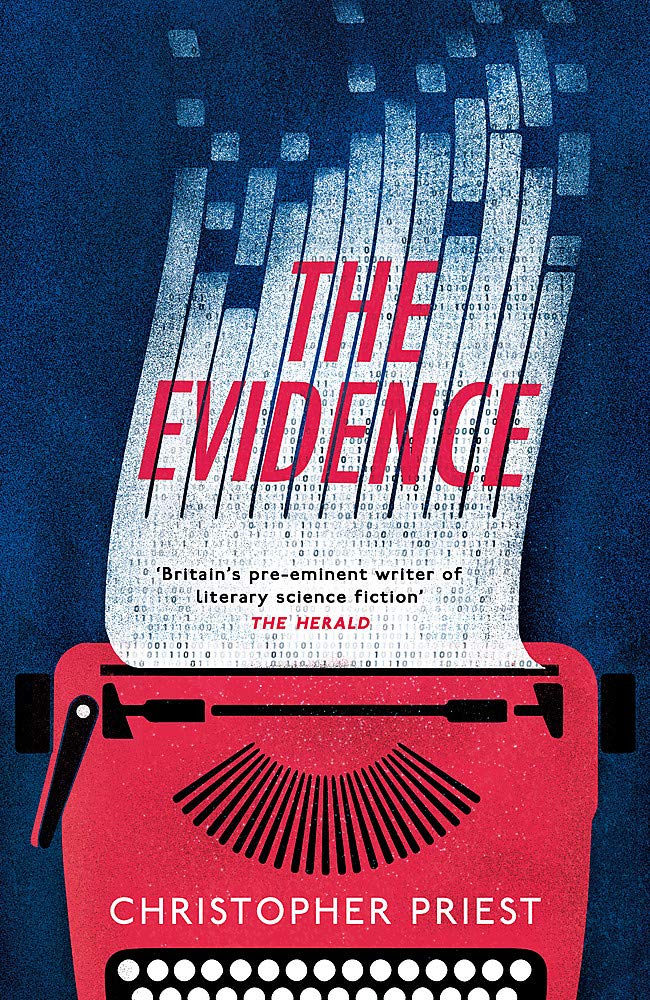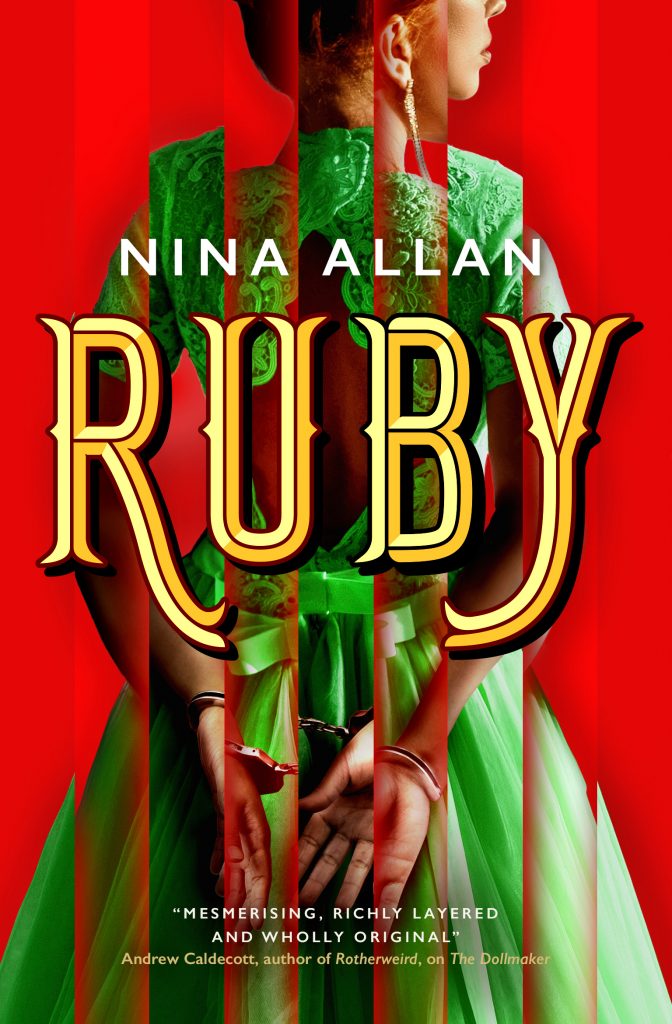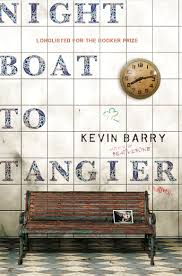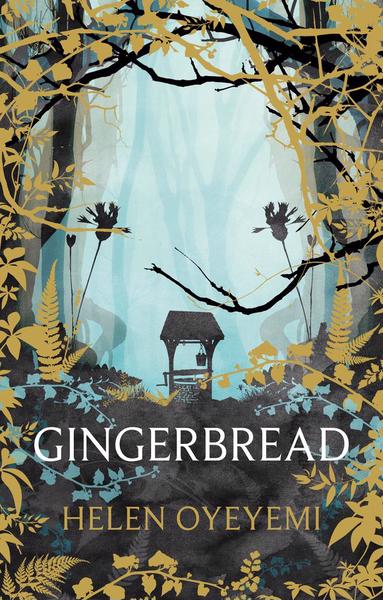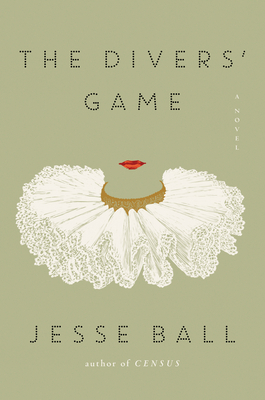In the second of my posts looking at the Clarke-shortlist-that-might-have-been, I want to focus on James Bradley’s Ghost Species, a novel that takes place against a background of climate change, imagining a future we might already recognise, with some additional surprises.
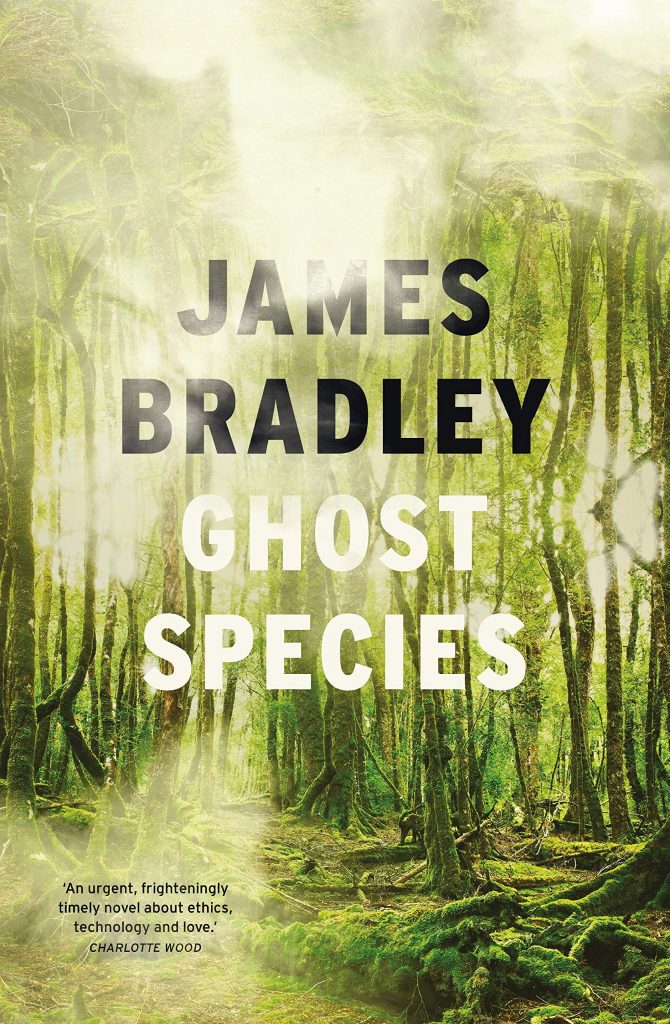
Jay and Kate are geneticists. When they receive an invitation to visit a secret research facility deep in the Tasmanian bush, Kate suspects they are being scammed. When they discover the identity of their host – tech billionaire Davis Hucken – her reservations deepen. The Hucken Foundation is engaged in a series of highly advanced genetic engineering projects of borderline legality, designed to offset the effects of climate change by reverting large swathes of the planet’s depleted ecosystems to their original wilderness condition. Davis reveals that their experiments have entered startling new territory: by using strands of DNA harvested from the remains of long-dead specimens, they have succeeded in resurrecting the Thylacine, the elusive Tasmanian Tiger whose last living relative died in Hobart zoo in 1936. The Foundation is already progressing its plans to revive other species – the woolly rhino, the mammoth – and reintroduce them into the wild.
But these replenished ecosystems would not be complete, Davis explains, without the presence of Earth’s original human ancestors, the Neanderthals. Will Kate and Jay, experts in their field, come on board? Davis insists their pioneering work can help save the planet. Kate instinctively distrusts him – he’s a man too used to getting everything he wants – but Jay is excited, thrilled at the prospect of unlimited resources and the chance to make history.
What follows is the story of Eve, the first Neanderthal child in forty millennia. Still processing her grief over the loss of her own pre-term baby, Kate forms an almost instantaneous bond with Eve that goes against everything the ‘experiment’ demands of her. Eve is not an experiment, she is a person , and Kate is determined that she should be treated as one, that she should receive the personal love and care that is owing to any human child. When she goes on the run with Eve, Kate knows the Foundation will not allow their liberty to extend indefinitely. But her actions have already altered the trajectory of their research, winning Eve the time she needs to grow into her identity.
Although it takes place over a more compressed time period, in the way it is structured Ghost Species is not unlike Bradley’s previous novel Clade, the narrative progressing in discrete chapters, each focusing on a different time period, each moving the action forward by a number of years. Thus we see Eve grow from an infant into a toddler, a pre-pubescent and then a teenager, at which point the narrative point of view shifts from that of Kate to Eve herself. And as Eve grows, the world around her changes, the climate crisis becoming ever more pressing and wide-ranging until the world’s order shifts irrevocably, sliding towards disaster and the end of human civilisation as we currently understand it.
To say that Ghost Species is ‘more’ than just a novel of climate change is something of a misnomer: there is no subject more important than climate change, and James Bradley is among its most passionate literary advocates. There has been a lot of discussion in recent years about how writers should best engage with our current crisis, and if there is any criticism to be levelled at science fiction writers in particular it is that their narratives of climate change have too often been set in some unspecified ‘future’, with over-familiar scenes of mass destruction and fleeing multitudes cementing the illusion of climate change as little more than a convenient set of post-apocalyptic tropes.
By contrast, Ghost Species might as well be set right now. The environmental changes Bradley pinpoints have this week been the living subject of media headlines. For those of us – and for that read all of us – who feel an increasing sense of anxiety and helplessness in the face of government and corporate inadequacy the final chapters of Ghost Species are confronting and hard to read, hard to come to terms with. But that’s exactly how they should be. Bradley is unflinching in his approach, without ever resorting to the kind overblown disaster imagery that is in danger of becoming ineffective through over-exposure. And as in Clade, what Bradley has given us is an entirely believable, quotidian story of real people, none more human than Eve.
Eve’s story is the heart of Ghost Species, an examination not only of human rights but of the many and varied ways of being human. We have seen similar discussions and arguments rehearsed through the many narratives of artificial intelligence that exist in science fiction; Kate and Jay’s arrival at the isolated research facility has strong Ex Machina vibes, and there are some clear parallels between what is happening in Ghost Species and the action of Kazuo Ishiguro’s Booker-longlisted novel Klara and the Sun. But Bradley’s vision is more original than Garland’s, and his competency in imagining a future already with us, his determined and responsible grasp of his subject matter vastly outflanks Ishiguro’s.
Bradley’s extrapolation of research into character – what might a Neanderthal person actually be like, how might she respond to the modern world of Homo sapiens? – is itself a beautiful and, for me at least a highly successful experiment. revealing to us those aspects of our own selves that have been lost through our rush towards progress, and much to our detriment.
Ghost Species is a quietly devastating and immensely affecting novel, wrought with sensitivity and precision, and I cannot get my head around why it does not feature on this year’s Clarke Award shortlist. In many ways, Ghost Species presents an ideal of the science fiction novel, a realistic imagining of the whole through the sum of its parts, the universal via the particular. Where other novels splash about in the comfort zone of derivative tropes, playing games in future worlds that are never going to happen, Ghost Species dives deep into now and tomorrow and next week, asking how we are going to survive and what survival might do to us.
In its humanity and in its willingness to ask difficult questions, Ghost Species has a clear affiliation with the science fiction of Anne Charnock, whose third novel Dreams Before the Start of Time won the Clarke Award in 2018, During the first lockdown in 2020, Charnock and Bradley participated in an online conversation at the Los Angeles Review of Books, focusing specifically on writing fiction in the age of climate catastrophe. It is well worth the read.
